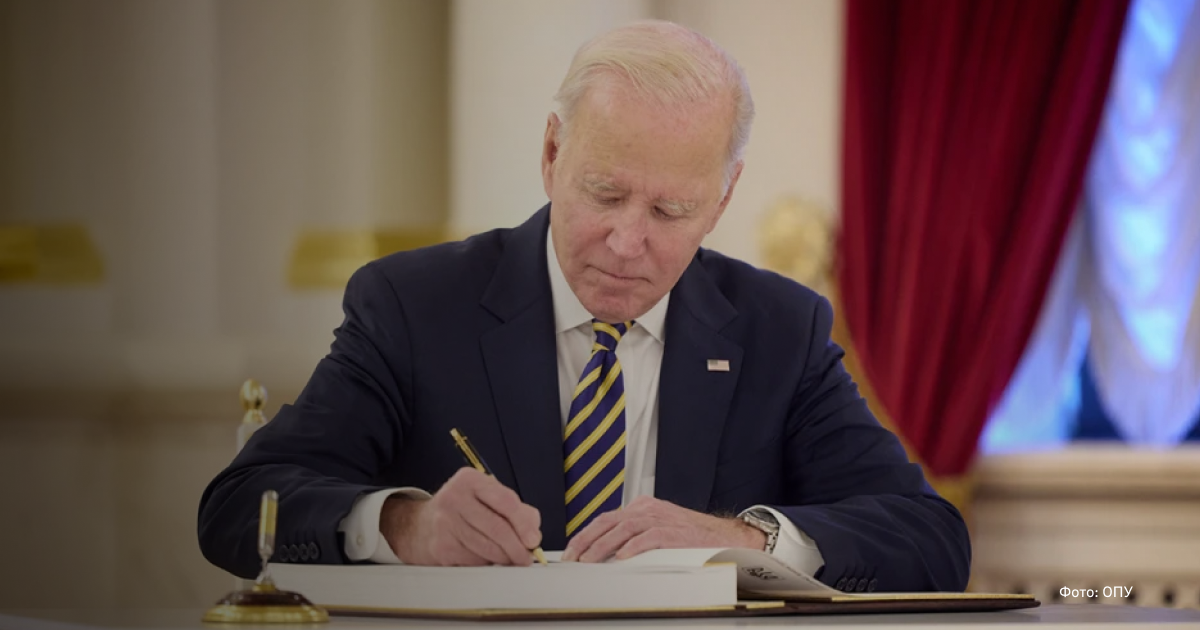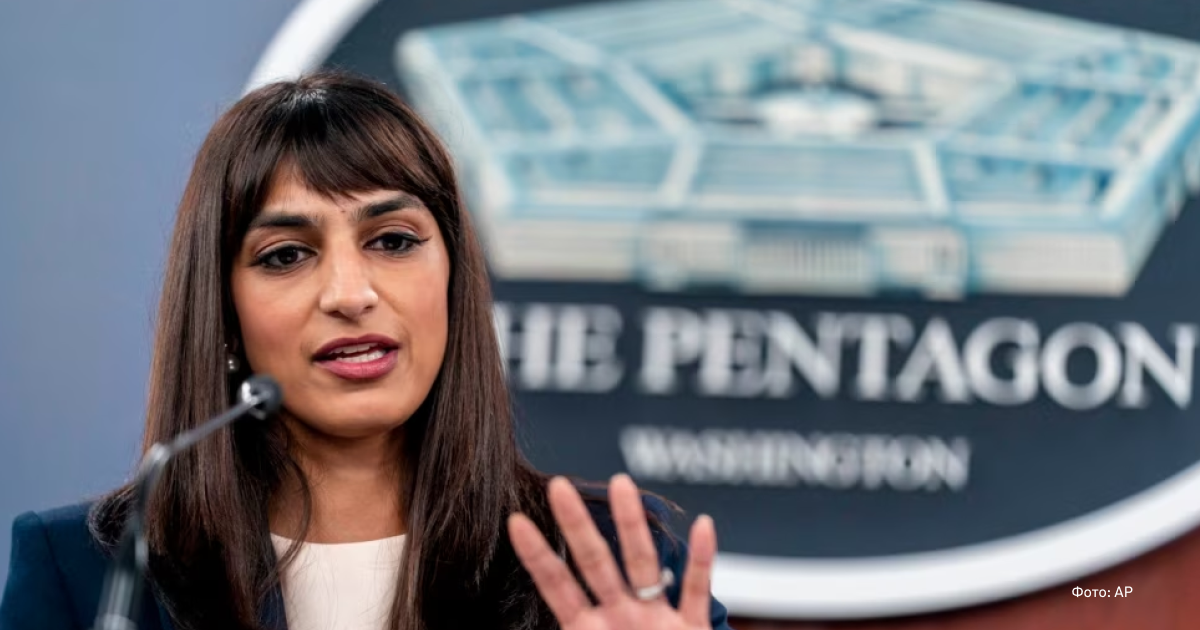The US extends temporary funding: when to expect consideration of funding for Ukraine and Israel?

What happened?
US President Joe Biden has signed a temporary funding bill to prevent a shutdown, i.e. a partial government shutdown.
On the eve of November 15, the US Senate approved this bill. On November 17, the temporary funding bill expired in the United States. The draft itself was proposed on November 12. The White House criticised it, calling it frivolous and a path to "chaos and further economic shutdowns".
The document provides for the continuation of funding until January 19 for priority areas such as military construction, support for veterans, transport, housing and energy. Other areas will be funded until February 2.
US lawmakers will have two new deadlines to pass a final bill to fund the government for next year.
Context.
The new fiscal year in the United States began on October 1, and by that date, lawmakers were supposed to agree on 12 spending bills and fund the government for 2024.
Lawmakers failed to agree on full-year funding, but the previous Speaker of the House managed to avoid a government shutdown by agreeing on a bipartisan short-term resolution to fund the government until November 17.
The bill originally included funding for Ukraine, but it was removed after some conservatives in the Republican Party raised objections during debate on the document. At the time, Ukraine's Ambassador to the United States, Oksana Markarova, said that Congress and the Presidential Administration had ensured that funding for Ukraine's aid programmes in the previous budget was transitional.

After the vote, bipartisan members of the Senate leadership issued a joint statement committing to vote for further funding for Ukraine "in the upcoming weeks". However, due to the removal of Kevin McCarthy from the post of speaker and difficulties in electing a new speaker, this did not happen.
On October 20, the White House called on Congress to "advance critical national security priorities". In particular, President Biden asked Congress for additional funding for Ukraine and Israel. This includes about $61.4 billion for Ukraine and $14.3 billion for Israel. In total, it is about $106 billion.
Different visions of funding for Ukraine and Israel
The new Speaker of the House of Representatives, Mike Johnson, has suggested that funding for Ukraine and Israel should be considered separately. In his view, aid to Ukraine should be combined with spending on US-Mexico border security in a single package. This position is in line with that of the Republican Party. Svidomi previously described Johnson's proposals for funding Ukraine and Israel.
Instead, the White House and US President Joe Biden personally insist on funding for Israel, Ukraine, the Indo-Pacific region and US border protection through a joint package. Recently, John Kirby, Strategic Communications Coordinator for the US National Security Council, said:

"The issues of aid to Ukraine and Israel are intertwined, and separating funding for the two countries is not in the national security interests of the United States."
The White House says that about 96% of the security, economic and humanitarian aid that the United States has allocated to Ukraine has already been used. According to Kirby, the Ministry of Defence has up to $1.1 billion to replenish stocks before the winter. The US Department of State also says that the issue of allocating aid to Ukraine is at a critical point.
The US Congress and the Department of Defence are calling on the US to approve additional funding to support Ukraine and Israel. Deputy Pentagon Press Secretary Sabrina Singh said that recent aid packages for Ukraine had been smaller.
"We have a large amount that we want Congress to authorise for Ukraine and for Israel and foreign investments in the Indo-Pacific. You have seen smaller packages. Because we don't know when Congress is going to pass our supplemental package. And so we're continuing to talk with allies and partners. We're not the only country here contributing to Ukraine's urgent battlefield needs," Singh added.

When and how will funding for Ukraine be considered?
Senate Majority Leader Chuck Schumer, a Democrat, announced that aid to Ukraine and Israel would be considered after Thanksgiving, which falls on November 23 in the US this year.
This is a combined national security package that includes aid to Israel, Ukraine, and Taiwan and strengthening the US southern border.
Schumer assures that all four have bipartisan support in the House. As the issue of border security is important to the radical wing of the Republican Party, the package is likely to pass.
Activation of European countries
The Wall Street Journal writes that since Congress has not yet voted to provide additional military aid to Ukraine, the Europeans are planning to increase their aid.
According to the paper, the German government wants to double military aid next year. EU officials are working on new economic and military aid types, and other regional governments are promising military aid for years to come.
"Europe and the United States increasingly believe that Ukraine will not be able to recapture significant territory in the near term, and are focusing their efforts on helping Ukrainian troops hold their positions against Russia,"
the WSJ writes.


